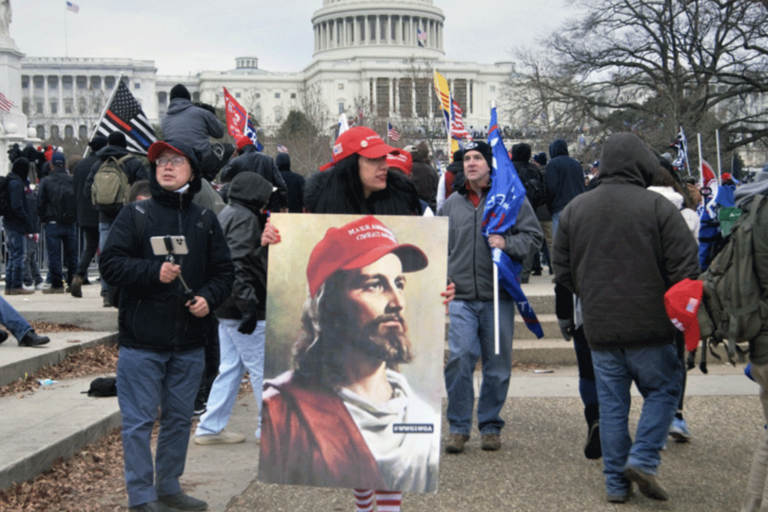
The Berkeley Center for the Study of Religion (BCSR) advances innovative scholarship on religion, fostering interdisciplinary collaboration and responding to emerging developments in the humanities and social sciences.

Announcements & Upcoming Events
View Past Events
November 12, 2024
October 23, 2024
October 3, 2024
October 1, 2024






